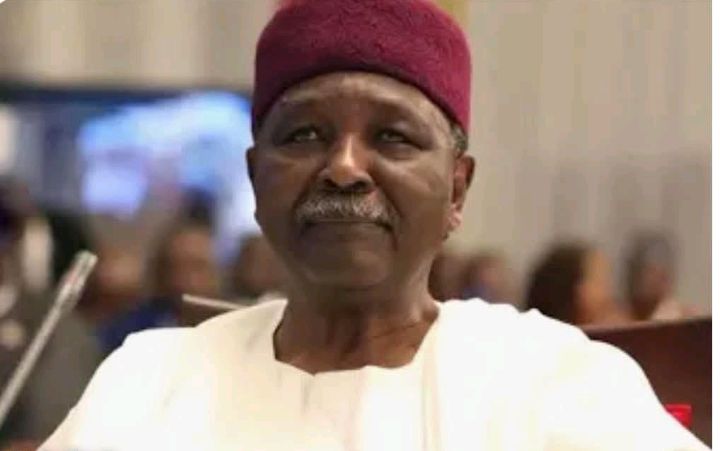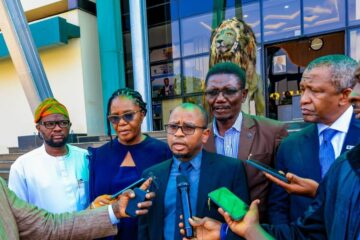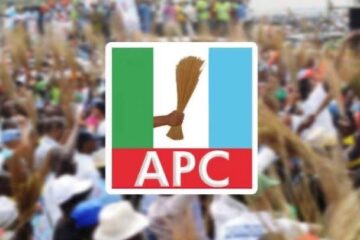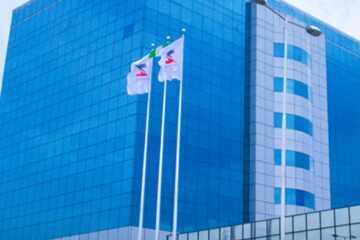Prayers Cannot Wipe Out Six Million Igbo Deaths, Group Tells Gowon
Igbo women under the aegis of Igbo Women Assembly (IWA) have berated former Nigerian Military Head of State, General Yakubu Gowon, over his recent comments on the Civil War, stating that no amount of his prayers can atone for the blood of over six million innocent Igbo children massacred during the needless civil conflict.
Gowon, in a recent interview following his receipt of a Lifetime Integrity and Achievement Award at the fifth convention of the Christian Men’s Fellowship, Abuja Anglican Diocese, stated that his decision to prosecute the war was not borne out of hatred but of the urgency to preserve national unity.
He said, “I always remember the Civil War; it was the most difficult period of my life. It wasn’t my choice, but I had to be there, and I had to do what I did in order to keep the country together. It was never a hatred against any people—I can assure you of that.”
Reflecting on life after the war, the former Head of State emphasised that his decisions have always been guided by prayer and a desire to act with integrity and compassion.
“As far as this heart is concerned, everything I do is through prayers. I asked God to help me to do the right thing, the way He thinks it should be done—with love and respect for the people. That is why, in the end, what do we say? No victor, no vanquished.”
Reacting during a recent sit-at-home declared by Biafra agitators on 30 May in honour of those who lost their lives defending the defunct republic, the National President of IWA, Lolo Nneka Chimezie, reminded the former military leader that no amount of prayer could assuage the blood of over six million Igbo children massacred during the war.
“Gen. Gowon, who supervised the war and genocide against the Igbos, is busy going around the country praying. But we want to remind him that no amount of prayer can wash away the stain of the blood of over six million innocent Igbo children, women, and men wasted during the war.
“Gowon should tell the world the truth about the Aburi Accord in Ghana and the Biafra war. He should not go to the grave without confessing the truth, if there must be true healing for those hurt by the needless civil war. There were a lot of war crimes, including the Asaba massacre, and the bombing of churches and markets. How can we shy away from talking about the tragic history of the war?” Chimezie said.
Speaking on the Biafra Heroes Day celebration, the IWA National President said, “Biafra Remembrance Day must be part of our history and cannot be suppressed. Remembering fallen heroes and heroines is a global practice that should not be criminalised. There is nothing wrong with honouring victims of the Nigerian civil war, contrary to misconceptions surrounding the Biafra Day anniversary.”
She argued that observing a day in honour of the war casualties—particularly the gallant soldiers who died defending their loved ones—does not, in any way, amount to rebellion against the Nigerian state.
“Igbo women want to put it on record that those who died defending us during the civil war were not goats but our beloved husbands and youths. We do not believe that setting aside a day to remember them is a crime.
“So, we want to thank all those in the South East and elsewhere who joined in honouring those heroes and heroines. It is a mirage to think we can stop remembering them. Biafra Day is not about IPOB; it is about our history—one that even the unborn generations will be told of,” she added.
Chimezie further advised the Nigerian government to formally recognise Biafra Day as an indelible part of Nigeria’s history, rather than continuing with “futile attempts to suppress the day or clamp down on those observing it”.
She stated that the continued injustice against Ndigbo gave birth to the renewed agitation for Biafra restoration, and advised the federal government to stop using brutal force and suppression against the agitators. Instead, she urged the government to engage in peaceful dialogue with a view to addressing their grievances.
She further argued that, contrary to misconceptions and propaganda by the Federal Government, members of the Indigenous People of Biafra (IPOB) are not the architects of insecurity in the South East, but rather, criminal elements sponsored by enemies of Ndigbo.
“A militant leader who claimed he was asked to secure the South East should be questioned about the insecurity in the zone. Today, criminals have turned the once peaceful South East into a crime zone. This is part of their ploy to continue the civil war against us—but we should be wiser,” she said.
She questioned why it is so difficult for the Nigerian state to apologise to Ndigbo, especially in light of recent revelations by former Head of State, General Ibrahim Babangida, that the 1966 coup—tagged the ‘Igbo coup’—was a false narrative.
“We have conducted extensive research and discovered that the civil war was avoidable. The false narrative that the 1966 coup was an Igbo coup—as recently confirmed by Gen. Babangida—has yet to be addressed. Why can’t Nigeria apologise to Ndigbo for the false accusation that led to the avoidable civil war?
“If the Federal Government could recognise 12 June in honour of Moshood Abiola—the presumed winner of the 1993 presidential election who died in questionable circumstances—why can’t the Federal Government do the same in honour of Biafrans who died during the war?”
The Igbo women further asked: “Since after the war, what has the Nigerian Government done to pacify the victims of the war? Why doesn’t Nigeria want to talk about the war? What was the offence of those Igbos wasted during the war? Why is it that, 56 years after the civil war, the shadow of the war and the blood of innocent Igbos shed during the pogrom are still haunting Nigeria?
“Instead of learning lessons and apologising, Nigeria continues to harass those remembering their loved ones who died in the course of the war. We cannot stop talking about the war. Even the unborn generation will hear that ‘There was a country’ called Biafra.”
While renewing their call for the unconditional release of IPOB leader, Mazi Nnamdi Kanu, as part of the healing process for the long-standing injustice against Ndigbo, the women said Kanu’s release would fast-track the return of peace to the South East, rather than escalate tensions.
They also rejected claims by National Security Adviser, Nuhu Ribadu, that IPOB is behind the insecurity in the South East, reiterating that “criminal elements sponsored by enemies of the Igbos” are responsible for the unrest. They pledged continued solidarity with Kanu, declaring that the liberation cause he is championing is not selfish, but a fight for justice and equity.
Finally, they called for unity among Ndigbo and urged political leaders who are sacrificing the interest of their people for personal gain to reconsider their actions. They commended all those who, despite all odds, observed the sit-at-home in honour of the soldiers and civilians who died in the course of “the avoidable war”.




